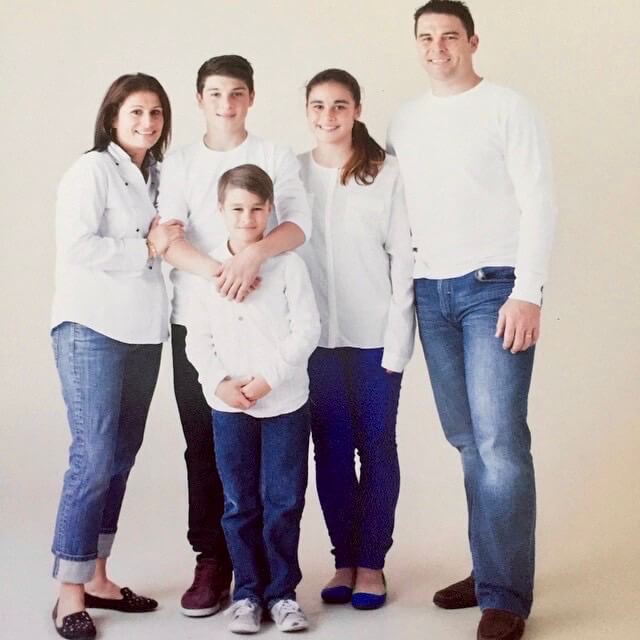So let’s start at the beginning “What is a TCK?” Although the term “Third Culture Kid” was first brought to the world’s attention in the 1950s by American sociologist Ruth Hill Useem. It wasn’t until David Pollock and Ruth Van Reken penned the well-known book “Third Culture Kids; Growing Up Among Worlds” in 1999 that people started to sit up and take notice.
The urban dictionary describes it as a “Third Culture Kid” someone who has spent a good chunk of their developmental years in cultures other than their national or ethnic groups. This can result in cultural identity confusion, multiple language skills, a high degree of maturity and independence, and discomfort with settling in any one place for too long.”
Let me break it down even further, it is not just expat kids but can be military children or even a child from a migrant family (that’s me!) So it is safe to say that yes, my kids are all TCK’s as they spent most of their childhood in countries around Asia.
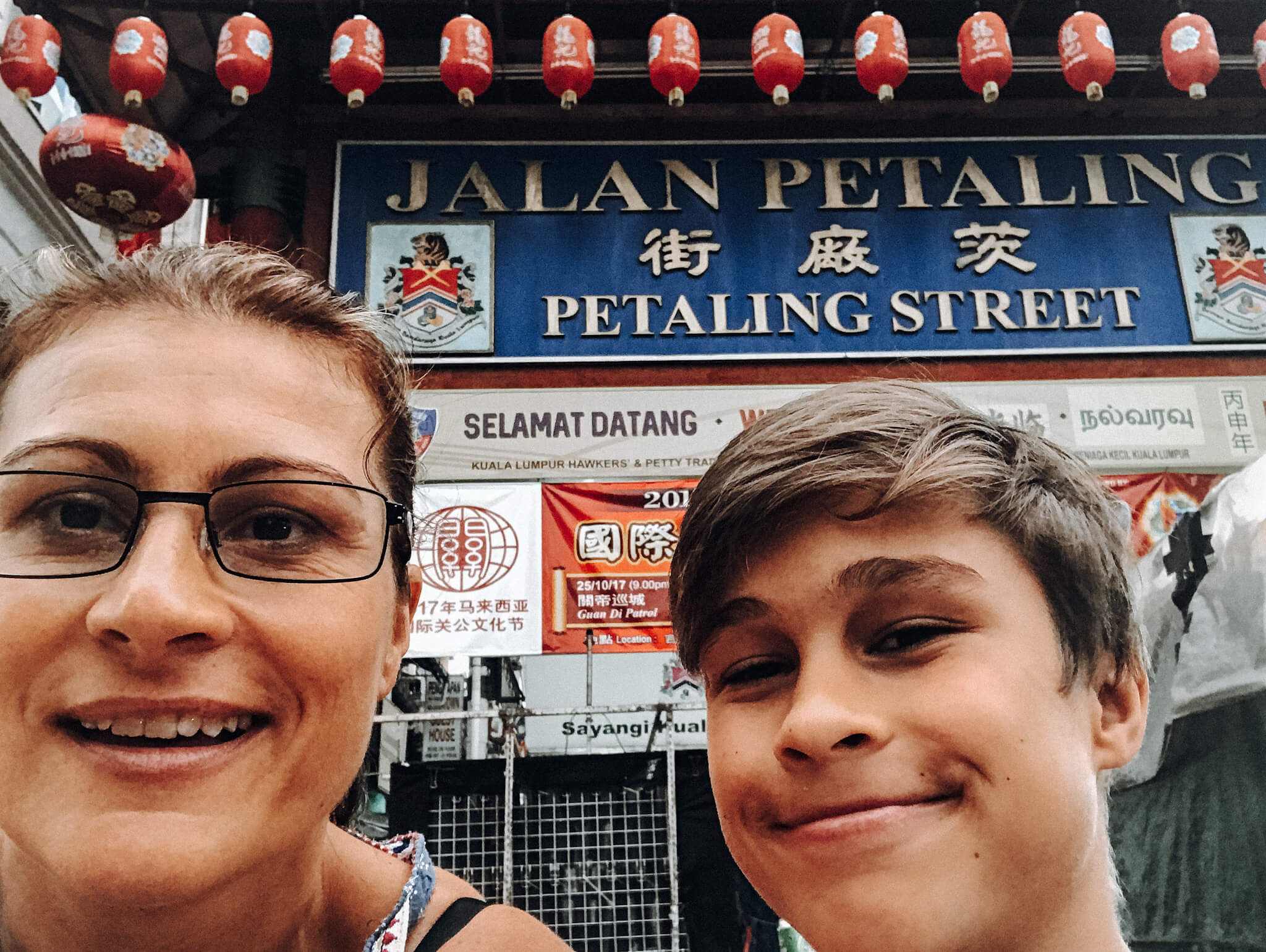
Table of Contents
MY THIRD CULTURE KIDS (TCK’S)
So because of this, they are different. Let’s start with my children’s accent. Being educated in both the British and American school systems, each had an unusual international accent, which sounds very typical at an international school, but not so typical amongst the kids in their classroom in Sydney.
But soon, over time, like any true TCK Cameleon, they began to sound more and more Australian by the day. Third Culture Kids learn to adjust very quickly; adaption seems to be an easy trait learnt at a very young age.
Australian culture and history was also a significant factor when they first arrived. Even though the kids celebrated ANZAC and Australia Day abroad, they were never taught any Aussie history at school. Although my children were born in Australia, they hadn’t lived there very long before we moved abroad, so they only knew what they saw during our annual holidays back home.
My children (although Australian and a little bit of Italian thrown in the mix) are much more culturally aware and accepting than even I was at their age. They do not see colour, race or ethnicity; they want to know the person for who they are, not defined by any stereotypes or racial discrimination.
Being different was exciting to them; it is something that has always been celebrated in the international school system. And because of this, they want to know more about other cultures and are happy to accept the differences they might have.
I find that my children are willing to try new things, and they are not frightened by different cultures or strange-looking cuisines. They will eat almost anything or, at least, try it once to determine for themselves.

TCK’S AND TRAVEL
My TCKs love to travel; whether it is off the beaten track or in a 5-star resort, they enjoy it all. They are very easy to travel with as nothing fazes them (except if they aren’t travelling in the same class as their parents, then that is an entirely different discussion). They know how to navigate their way on and off a plane without any problems at all.
They know the ins and outs of loads of airports and feel as comfortable travelling alone as they do with all of us. (Except for 2020, of course). We have always made travel a big part of our lives, even before we moved abroad 14 years ago.
I can see our love of travel come through in our children as we create our bucket list items each year and discuss where our next big adventure will take place. They aren’t looking for a resort to vacation in, the kind that’s all-inclusive, not leaving the grounds type of place; they are looking for culture and adventure, which is all part of being a TCK.
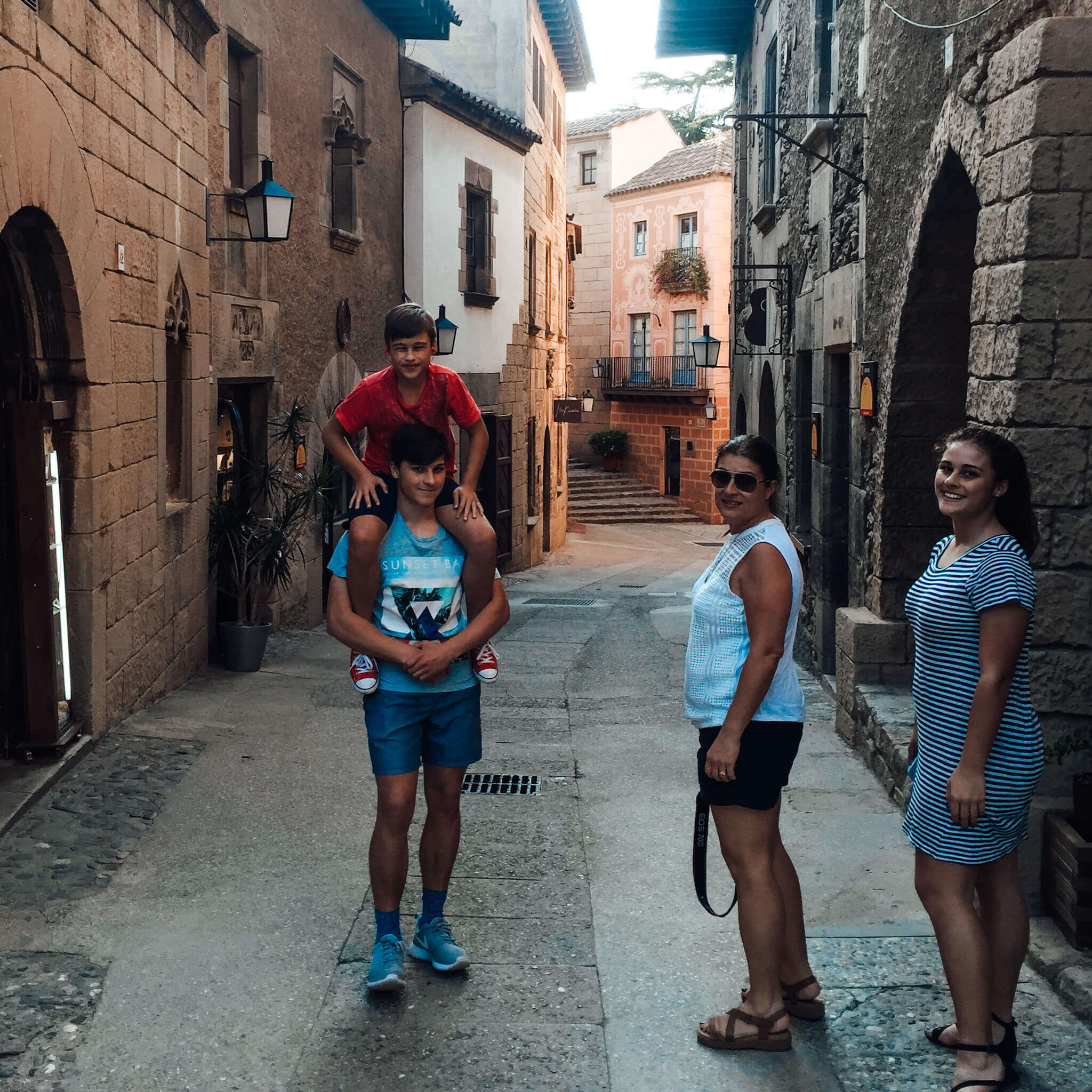
LIVING ABROAD
My TCKs are not frightened to take risks; my kids are already discussing other options later on in life (living and studying abroad). They have friends all over the world, so moving to another country for them is a natural process. Living and studying abroad is the life expat living brings for both the children and ourselves.
Being able to converse (a little) in multiple languages is a significant advantage for them in the future. Understanding each of these cultures will also help them later in life if they choose to take up residency in any of the countries they have previously lived in or work for a company in Australia that might be foreign-owned.
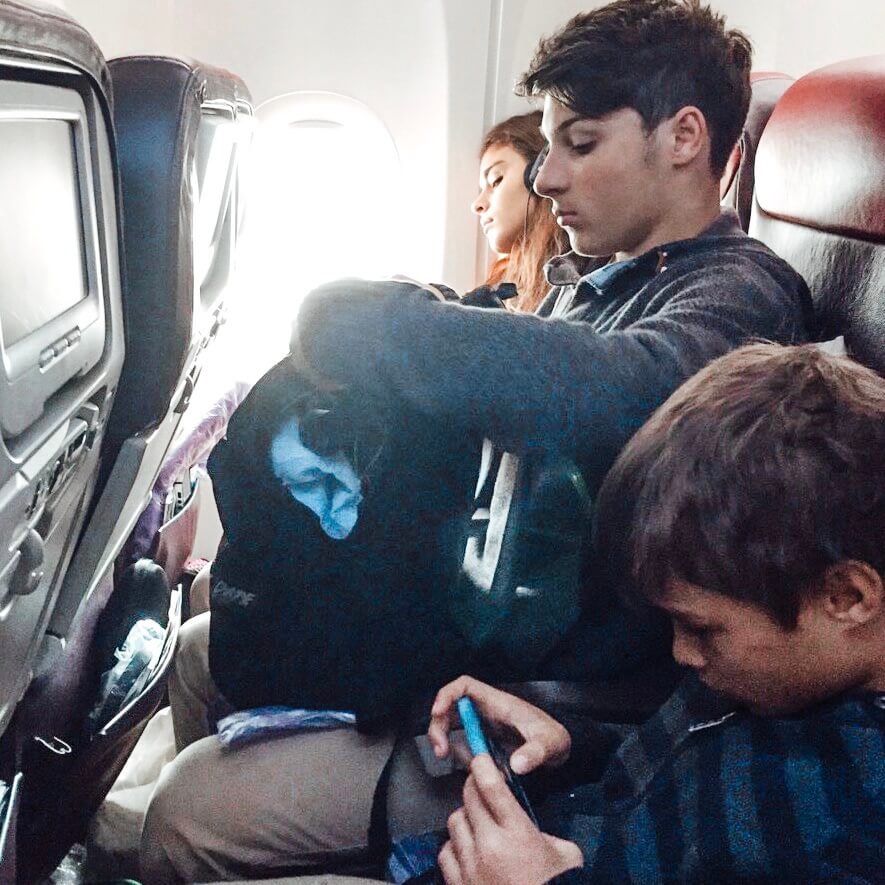
BEING A THIRD-CULTURE KID
Being a TCK can be confusing at times (especially when asked, “Where are you from”), but it also can be fascinating to those who have never lived anywhere besides their hometown.
I often hear people asking, “So you are Aussies, right?” Well, the simple answer is yes, they are born in Australia. However, the long story goes something like this.
- They were born in Australia, but their grandfather was born in Italy.
- Their accent is different, but it is not American; it is international.
- They have been educated in Taiwan, Hong Kong, South Korea, Japan and Malaysia.
- Which means that they have lived in Asia longer than they have lived in Australia.
- They have been taught in the British, American and Australian systems.
- My children feel just as comfortable using chopsticks as they do a knife and fork and are not afraid to fly alone from Sydney to Hong Kong, Singapore or Malaysia and often have playdates all around the world.
Does that answer your question?
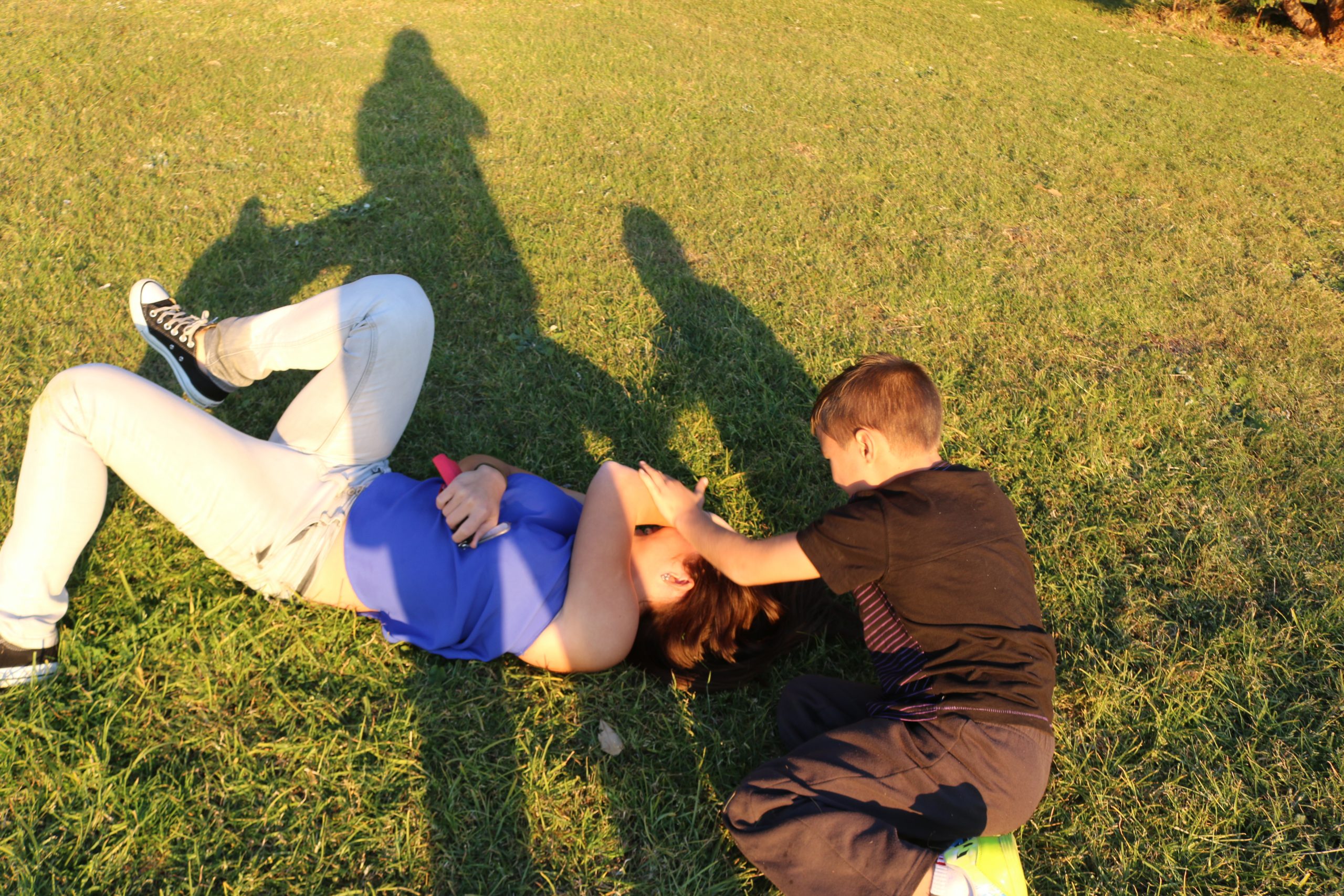
THE BENEFITS OF BEING A THIRD CULTURE KID
I love the fact that my children have all been able to experience things that perhaps they would not have been exposed to had they been brought up as I had.
Who knew that “Gaelic football” was an actual sport or that you could eat raw squid while their tentacles are still moving. I have learnt as much as my children about life abroad in this global nomad existence.
The open-minded approach to people, places, culture and learning gives them a great start in life. Learning first hand how to speak a new language while living in that country or understanding history while visiting places most would only read in a textbook. It brings the lessons to life!
Having life long friends around the world (and yes, thanks to technology they can keep in touch for years to come), that you can visit is also a bonus with this type of childhood. What makes it even more remarkable is knowing they are in safe hands because you know their friends and families too.
Third Culture Kid’s seem to be able to communicate well, having to adjust to different languages and accents is imperative if they want to live in a foreign country. Not only are they surrounded by a foreign language, but they also have to communicate with friends and teachers from all around the world.
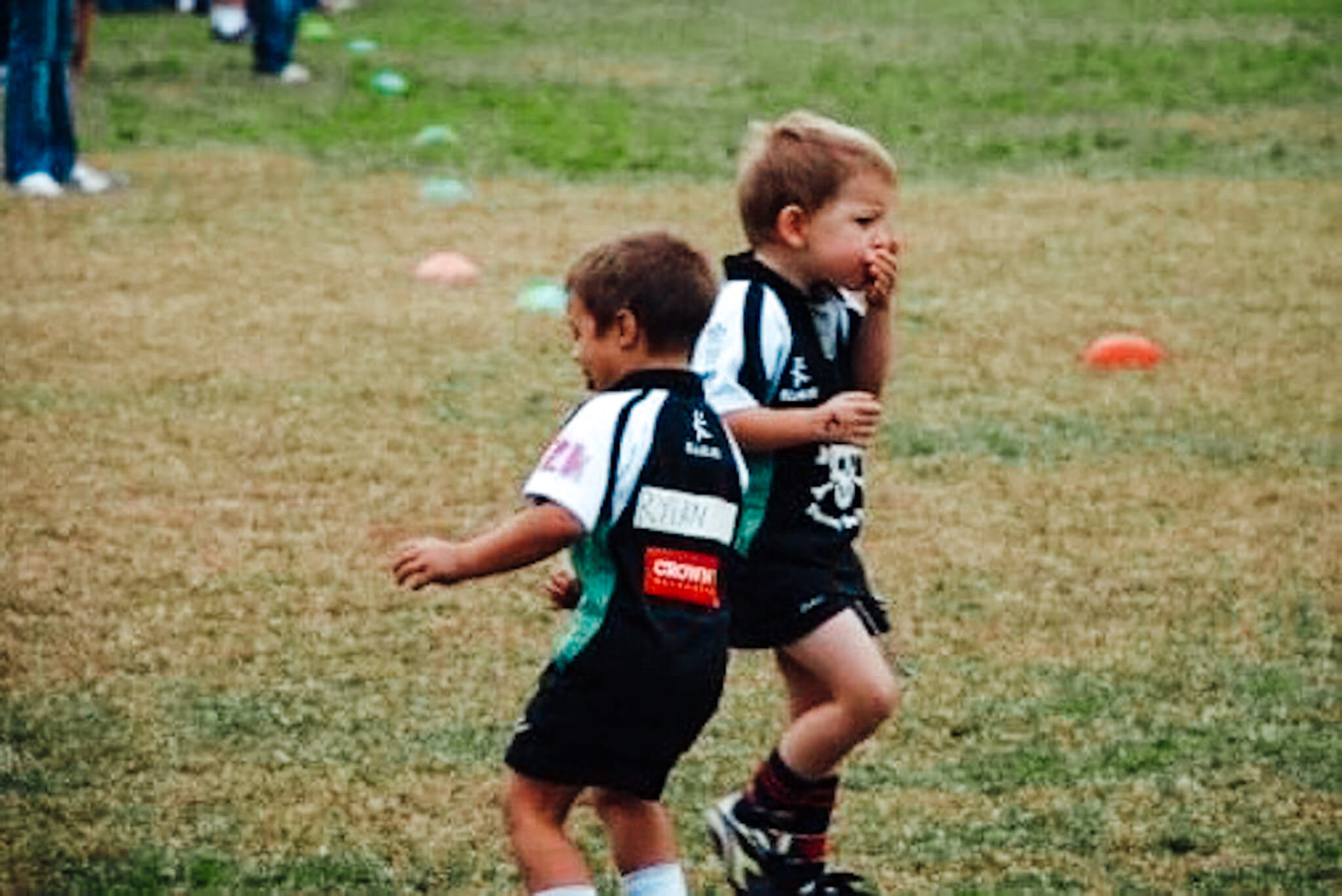
INTERNATIONAL SCHOOLS
International schools are a breeding ground for TCK’s; it is also just as educational on the playground as it is in the classroom. Learning about other peoples cultures; is so much more rewarding than anything I can remember as a child.
Being an adult Third Culture Kid (ATCK) myself, my experience was completely different, being brought up in Australia entwined in an Italian culture was challenging. In contrast, International schools and expat life can be nurturing and rewarding.
My opinion is that they are blessed to be able to travel around the world. For my children, there is no culture shock, as they have moved so extensively that nothing fazes them. All three have travelled to other countries on school trips and have been exposed to things most people only read bout in books.
We like most expats were only ever going to be away until my oldest hit year 7. Well, he is now 22, and we are still here, for many reasons. Besides, I think our TCKs would never forgive us if we repatriated.
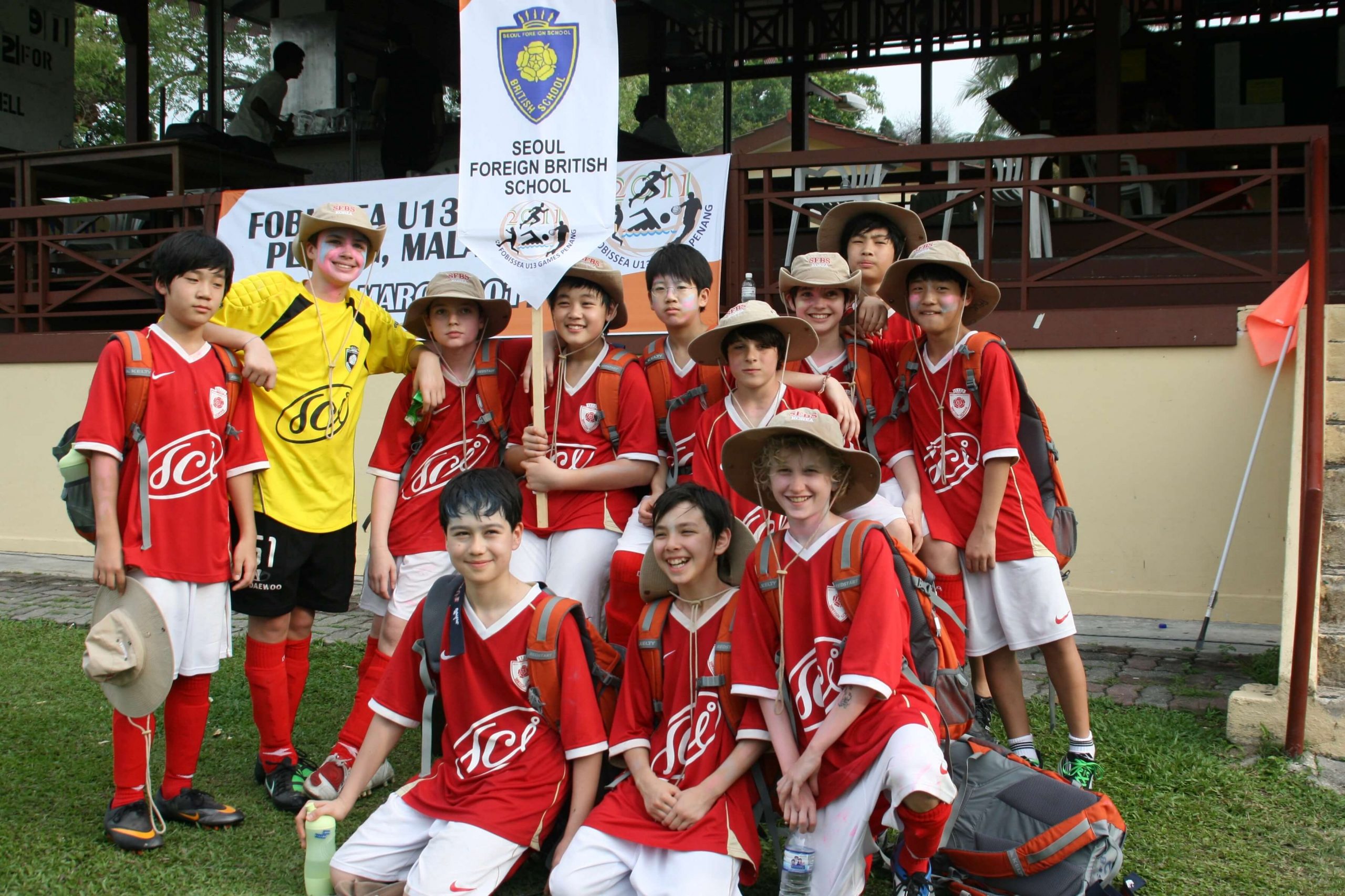
This post may contain affiliate links, which means we may receive a commission at no extra cost to you if you make a purchase through a link. Please see our full disclosure for further information.
Check out our Instagram page or join our Facebook group
Thanks for taking the time to read our blog. I hope this post has given you the information you need. If you have any recommendations, tips or advice, we would love for you to share them in the comment section below!
PIN IT FOR LATER

YOU MAY ALSO LIKE

